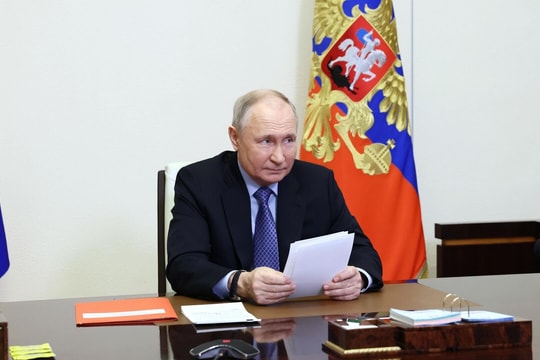Europe fears as Russia withdraws from nuclear treaty with US
Russia's announcement that it would stop complying with the INF Treaty reminded many people of the tense atmosphere on the brink of nuclear conflict during the Cold War.
|
Buechel base in Germany, where the US stores many nuclear warheads. Photo:Wikipedia. |
Retired pharmacist Elke Koller chose a quiet place with endless green hills in the Eifel region of western Germany to retire. However, her house is located so close to a nuclear weapons depot at a joint US-German base that if it exploded, she would be vaporized in an instant.
"This place was so beautiful, I didn't know about the existence of the bombs because it was a military secret. When I found out, I thought 'the army won't need them and they will be moved in a few years'," Koller recalled. However, 25 years have passed, the nuclear warheads have not disappeared but have become more and more numerous.
The specter of a nuclear arms race has returned as both the US and Russia withdraw from the Intermediate-Range Nuclear Forces (INF) Treaty. Along with that comes the question of whether Europe should accept the US deploying more nuclear warheads right next door to Russia.
Most Europeans do not support escalating tensions with Russia. The proposal to allow the storage and readying of new American bombs and missiles would surely provoke a backlash and expose a rift in an alliance already strained by suspicion between US President Donald Trump and his European counterparts. Russia could exploit this division.
"The situation is very clear. Apart from Poland and maybe a few others, no European country would volunteer to deploy additional intermediate-range nuclear weapons on its territory," said Otfried Nassauer, an expert at the Information Center for Transatlantic Security (ICTS) in Berlin.
Russia and the United States still have five months to salvage the INF, but neither country is optimistic about the prospect. A new arms race between the two nuclear superpowers would further darken the picture of global disarmament, with the Iran nuclear deal on the brink of collapse, US-North Korea talks showing little progress, and nuclear-armed India and Pakistan constantly threatening each other.
The withdrawal of Russia and the United States from the INF Treaty has also caused Europeans to once again live with the fear of nuclear war. In the 1980s, the United States continuously increased its nuclear arsenal, while European countries were ready to deploy them on their territory to deal with the Soviet Union, making them the front line in the conflict that always threatened to explode between the two superpowers.
However, not everyone supported this. The presence of thousands of nuclear missiles across Europe sparked massive protests at the time. It was only after the US signed the INF treaty with the Soviet Union in 1987 and the Soviet Union collapsed in 1991 that the nuclear threat in Europe was significantly reduced.
Today, while still nuclear powers, France and Britain have significantly reduced their arsenals. Germany, Belgium, Italy, the Netherlands and Türkiye allow the US to deploy nuclear weapons on their territory without violating the INF.
Twenty nuclear bombs are being kept in secret at a joint US-German base in the western town of Buechel. "When I say I live near atomic bombs, people think I'm joking. They say, 'Germany doesn't have nuclear weapons,'" Koller said.
Washington and Berlin have never publicly acknowledged the existence of these weapons, but neither have they denied the rumors. German Tornado fighter jets, which would carry nuclear weapons in the event of war, fly over Koller every day for training and patrols.
|
Tornado fighter jets fly over Buechel base. Photo:USAF. |
Koller has been campaigning for the removal of nuclear weapons from the region since 1990, with hundreds of demonstrations outside the Buechel base. However, it seems to be a lonely struggle, with most neighbors only reluctantly supporting her, some even hostile, arguing that the military base is necessary to create jobs and boost the local economy.
"When I go to bars, people say my idea is crazy and is destroying their jobs. They don't want to admit that nuclear weapons are a threat to all of humanity," said Rüdiger Lancelle, a 79-year-old retired teacher and anti-nuclear weapons activist.
However, signs of concern are growing after the US and Russia both announced their withdrawal from the INF. Protests outside the base in Buechel have increasingly involved young people, who are seen as a new source of energy in a movement that is predominantly made up of older people.
“For our generation, nuclear war is something very far away, but it’s not really true,” said Clara Tempel, 23, who spent a week in jail for breaking into the military base during a protest last year. The German military is building a taller, more secure fence around the Buechel base at a cost of about $12 million to prevent similar acts.
|
Protesters protest against the storage of nuclear weapons in Buechel. Photo:Wikipedia. |
US President Donald Trump’s decision to withdraw from the INF treaty has fueled anti-nuclear sentiment in Germany, with a survey earlier this year showing only 10% of Germans believed the White House chief was doing the right thing for the world.
"Nuclear rearmament has caused a very negative reaction in Germany, with Trump at the center of all criticism," said Christian Molling, a defense expert at the German Council on Foreign Relations.
In the 2017 German election, the center-left Social Democrats tried to capitalize on this sentiment by pledging to eliminate nuclear weapons in Buechel. Now, as a party in the government coalition, they say they will oppose any attempt to deploy nuclear missiles in Germany, while the governing Christian Democrats insist all options remain open.
The status quo remains intact. That pleases Walter Schmitz, mayor of Cochem, the closest town to Buechel Air Base. The town has a population of 5,000 and is only about a 20-minute drive from the base. Schmitz says the town has no contingency plan in case of an accident or nuclear war.
"Fundamentally, nuclear weapons are bad. They are destructive and we should eliminate them. However, the possession of them by our adversaries makes it necessary for our Western allies to maintain equivalent arsenals. That is the price of peace," Schimitz said.

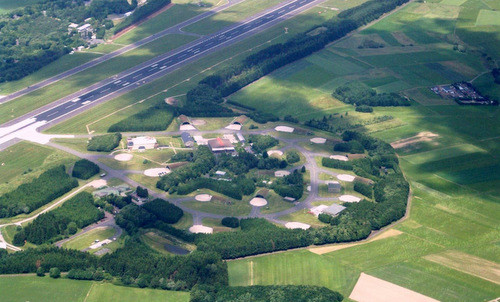
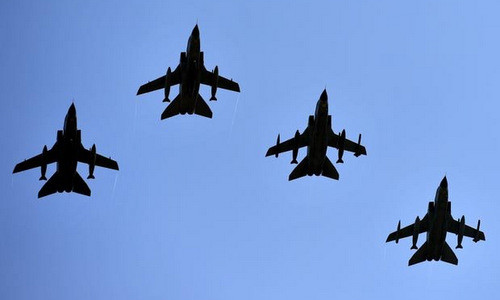
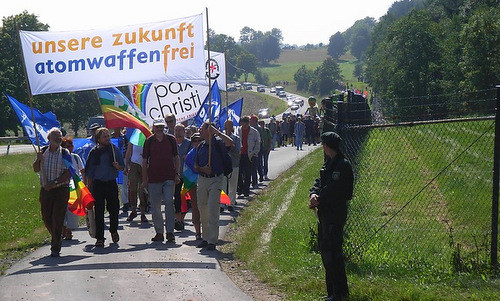
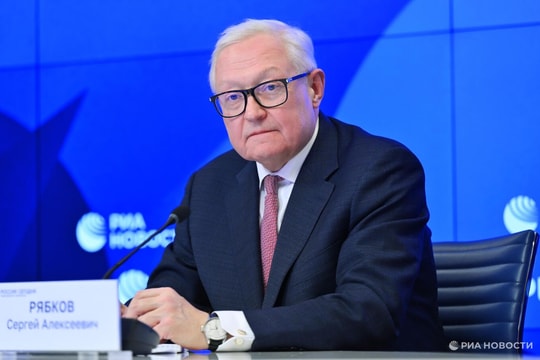
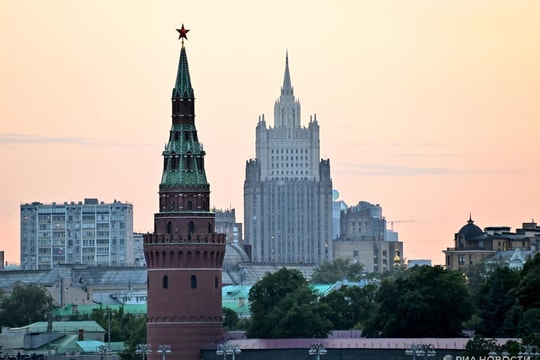
.jpg)
